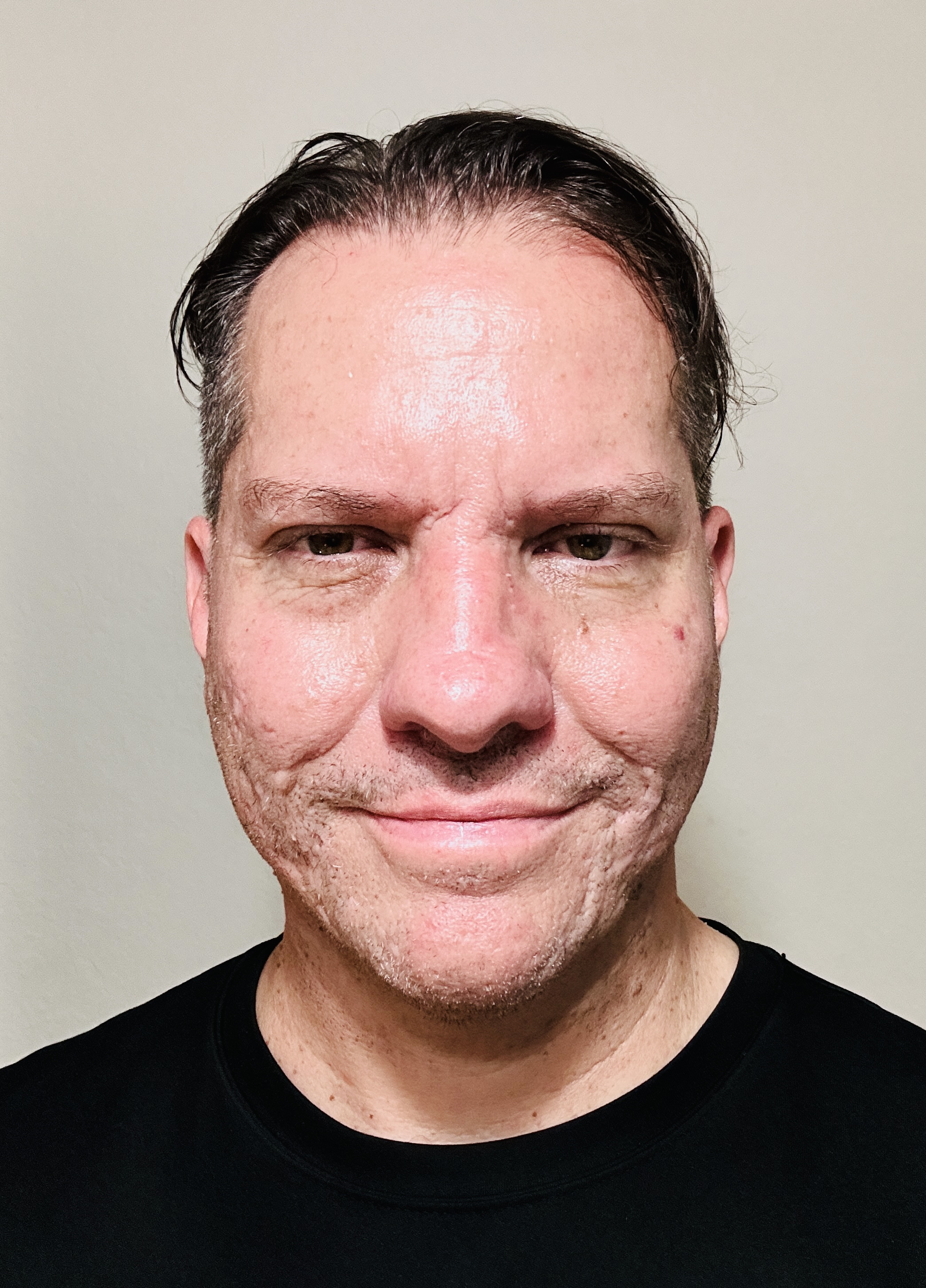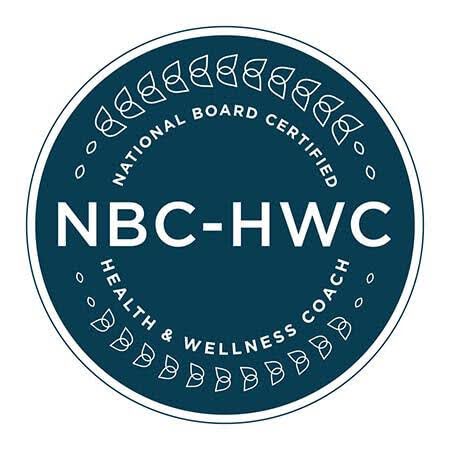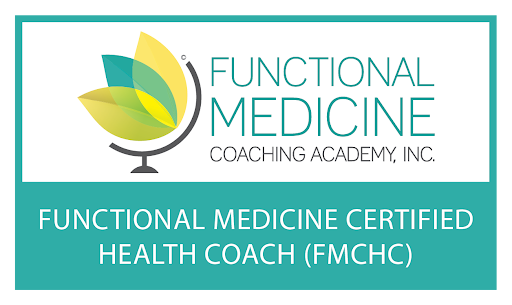Vitality Unleashed
A program for wellness-driven mid-lifers under the gun
Trade health risks for vitality & longevity with a tailored regimen.


Cholesterol Combat
Masterclass
Master the subtle art of cholesterol management with a program specially designed to equip you with knowledge and practical steps to defeat high cholesterol.

Family Fulfilment
Package
Achieve health goals and win your family's admiration with a wellness program nuanced to balance professional commitments, family expectations, and personal health.

Doctor's Delight
Solution
Turn your healthcare provider's concerns into compliments with a heart-healthy program combining strategic nutrition and exercise, aimed at significantly lowering heart disease risks without medication.

About Us
Donovan Maycock, a National Board-Certified Health and Wellness Coach, is devoted to transforming lives with expertise in managing high cholesterol. Bringing over a decade of experience as both a Nutrition and Wellness Consultant and Functional Medicine Health Coach, Maycock serves a clientele committed to health improvement. His mission: to guide professional men in their 40's and 50's under medical and familial pressure to enhance heart health and evade medication. His offering: a purpose-built Cholesterol Reduction program, blending optimal nutrition and exercise regimes. The result: healthier clients, lower cholesterol levels, and a better quality of life – achievable, sustainable, and within grasp. As Donovan says, "It's about showing the steps - not just telling - to reach potential health heights."
YOU MAY HAVE SEEN ME ON


Testimonials
I was 25 lbs overweight, my energy levels were low along with my self-esteem. After two weeks on the nutritional plan from Coach Donovan the results were immediate. More energy for work and play. My self-confidence and self-esteem increased significantly. I remember running out of breath and soaking my shirt with sweat just to walk up a flight of stairs at work. At 55 years of age I feel like 35 again. There are no limits to what I want to do.
James C
Many people invest money into a fitness personal trainer. I decided to invest in a nutritionist as my personal food trainer. Everyone knows you should eat healthier. However, not everyone knows exactly what that means. With Coach Donovan I learned what it means! I look better, I feel better and I sleep better. I’m excited about this program.
R.G.
I have been working with Donovan over a period of 3 years and received excellent nutrition advice, including recipes, daily meals, and shopping advice that was so helpful. Donovan taught me how to keep a food log online, and how to lift weights and this knowledge was critical to losing weight and keeping it off.
J
The program with Donovan was awesome. I lost 59 lbs and completely changed my eating habits. I highly recommend this program!!
Fred L.
Coach Donovan has been instrumental in guiding me towards a healthier lifestyle, with a particular emphasis on nutrition. When I embarked on this journey, my cholesterol levels were alarmingly high. At the age of 52, I was a prime candidate for a heart attack.
In 2017, my total cholesterol was 160, HDL was 30, and triglycerides were at 257. Seven years later, thanks to Donovan’s program, my health indicators have improved significantly. My cholesterol is now at 122, HDL at 52, and triglycerides at 64, making me as healthy as a 40-year-old.
In 2021, I underwent a Calcium Score test, which registered at 75. Since then, every cardiologist appointment has resulted in a clean bill of health.
I attribute this remarkable transformation to the invaluable education I received while working with Donovan. His guidance has truly made a difference in my life.
Ray L
Blog

Building a Resilient Heart: Strategies for Creating a Bulletproof Cardiovascular System
In today's fast-paced world, where stress, sedentary lifestyles, and unhealthy dietary habits are prevalent, prioritizing heart health is more important than ever. A bulletproof cardiovascular system is resilient, strong, and capable of withstanding life's challenges.
In this blog post, we'll discuss effective strategies for creating a resilient heart and reducing the risk of cardiovascular disease.
Understanding Heart Health
The heart is a vital organ responsible for pumping oxygen-rich blood throughout the body, delivering nutrients and oxygen to cells and tissues. Heart health encompasses various factors, including blood pressure, cholesterol levels, blood sugar levels, weight management, physical activity, stress management, and dietary habits.
A holistic approach to heart health addresses these factors to create a strong and resilient cardiovascular system.
Factors Influencing Heart Health
Several factors can influence heart health, including lifestyle choices, genetics, environmental factors, and underlying medical conditions.
While some factors, such as genetics, are beyond our control, others, such as diet, physical activity, and stress management, can be modified to promote heart health. Understanding the interplay between these factors and their impact on cardiovascular wellness is essential for creating a bulletproof heart.
Strategies for Creating a Bulletproof Heart
In the journey of life's adversities, crafting a bulletproof heart requires strategic resilience.
1. Prioritize a Heart-Healthy Diet:
Adopting a heart-healthy diet rich in fruits, vegetables, whole grains, lean proteins, and healthy fats is crucial for promoting cardiovascular wellness. Limiting processed foods, sugary beverages, saturated and trans fats, and excessive salt intake can help lower the risk of heart disease and support overall heart health.
2. Stay Active and Exercise Regularly:
Regular physical activity is essential for maintaining a healthy heart and reducing the risk of cardiovascular disease.
Aim for at least 150 minutes of moderate-intensity aerobic activity or 75 minutes of vigorous-intensity activity per week, along with muscle-strengthening exercises on two or more days per week. Incorporating physical activity into your daily routine can improve cardiovascular fitness, lower blood pressure, and reduce stress.
3. Maintain a Healthy Weight:
Excess body weight, particularly abdominal obesity, is a risk factor for heart disease. Achieving and maintaining a healthy weight through a combination of healthy eating habits and regular physical activity can reduce the strain on the heart and lower the risk of cardiovascular complications.
4. Manage Stress Effectively:
Chronic stress can have detrimental effects on heart health, contributing to high blood pressure, inflammation, and unhealthy coping behaviors. Implementing stress-reduction techniques such as mindfulness meditation, deep breathing exercises, yoga, or engaging in hobbies and activities that promote relaxation can help lower stress levels and support heart health.
5. Get Quality Sleep:
Adequate sleep is essential for overall health and well-being, including heart health. Aim for 7-9 hours of quality sleep per night and establish a regular sleep schedule to support optimal heart health and reduce the risk of cardiovascular disease.
6. Monitor Key Health Indicators:
Regular monitoring of blood pressure, cholesterol levels, blood sugar levels, and other key health indicators is essential for assessing cardiovascular risk and detecting any underlying medical conditions early.
Working closely with healthcare providers to manage these risk factors and make informed decisions about treatment and prevention strategies is crucial for maintaining heart health.
7. Avoid Smoking and Limit Alcohol Intake:
Smoking is a significant risk factor for heart disease, as it damages blood vessels, reduces oxygen levels in the blood, and increases the risk of plaque buildup in the arteries. Quitting smoking and avoiding exposure to secondhand smoke are essential for protecting heart health.
Additionally, limiting alcohol intake to moderate levels can help reduce the risk of heart disease and support overall cardiovascular wellness.
8. Cultivate Social Connections:
Strong social connections and a supportive social network have been linked to better heart health and longevity. Cultivating meaningful relationships with friends, family, colleagues, and community members can provide emotional support, reduce stress, and promote overall well-being.
9. Embrace Mindful Eating Habits:
Mindful eating involves paying attention to the sensations, emotions, and thoughts associated with eating, allowing for a greater awareness of hunger and fullness cues, as well as food choices.
By practicing mindful eating, people can develop a healthier relationship with food, make more conscious dietary decisions, and reduce the likelihood of overeating or emotional eating, which can contribute to weight gain and poor heart health.
10. Schedule Regular Health Screenings and Check-ups:
Regular health screenings and check-ups are essential for monitoring cardiovascular risk factors, detecting any underlying medical conditions early, and implementing timely interventions to protect heart health.
Schedule routine appointments with healthcare providers for comprehensive health assessments, including blood pressure measurements, cholesterol tests, blood sugar tests, and heart health evaluations.
11. Incorporate Heart-Healthy Herbs and Spices:
Certain herbs and spices possess heart-protective properties and can be incorporated into meals to enhance flavor while promoting cardiovascular wellness. Herbs such as garlic, turmeric, ginger, and cinnamon have been shown to have anti-inflammatory, antioxidant, and cholesterol-lowering effects, which can benefit heart health.
Adding these flavorful ingredients to dishes not only enhances taste but also provides additional nutritional benefits that support a bulletproof heart.
12. Engage in Regular Mental and Emotional Health Practices:
Mental and emotional health plays a significant role in heart health, as stress, anxiety, and depression can contribute to the development and progression of cardiovascular disease.
Engaging in regular mental and emotional health practices, such as meditation, mindfulness, journaling, therapy, or spending time in nature, can help reduce stress levels, improve mood, and promote overall well-being.
Conclusion
Creating a bulletproof heart requires a multifaceted approach that addresses various aspects of lifestyle, diet, stress management, and overall well-being.
By prioritizing heart health, making positive lifestyle changes, and implementing effective strategies for cardiovascular wellness, people can build a resilient heart that is capable of withstanding life's challenges and enjoying a longer, healthier life.
FAQs
1. How can I strengthen my emotional resilience?
Strengthening emotional resilience involves practices like cultivating gratitude, building strong connections, developing healthy coping strategies, and prioritizing self-care activities.
2. Is vulnerability a weakness?
No, vulnerability is not a weakness but a strength. It takes courage to be open and authentic, fostering deeper connections with others and enabling personal growth.
3. What role does acceptance play in building a bulletproof heart?
Acceptance is crucial in building emotional resilience as it allows us to embrace reality as it is, fostering inner peace and the ability to adapt to life's challenges with grace and resilience.

The Extra Mile: How to unlock your highest potential
Unlock the secret to better digestive health with 'Gut Feeling.' Discover how to nourish your gut and improve your overall well-being. ... more
mind and body
08 April 2024 • 7 min read

